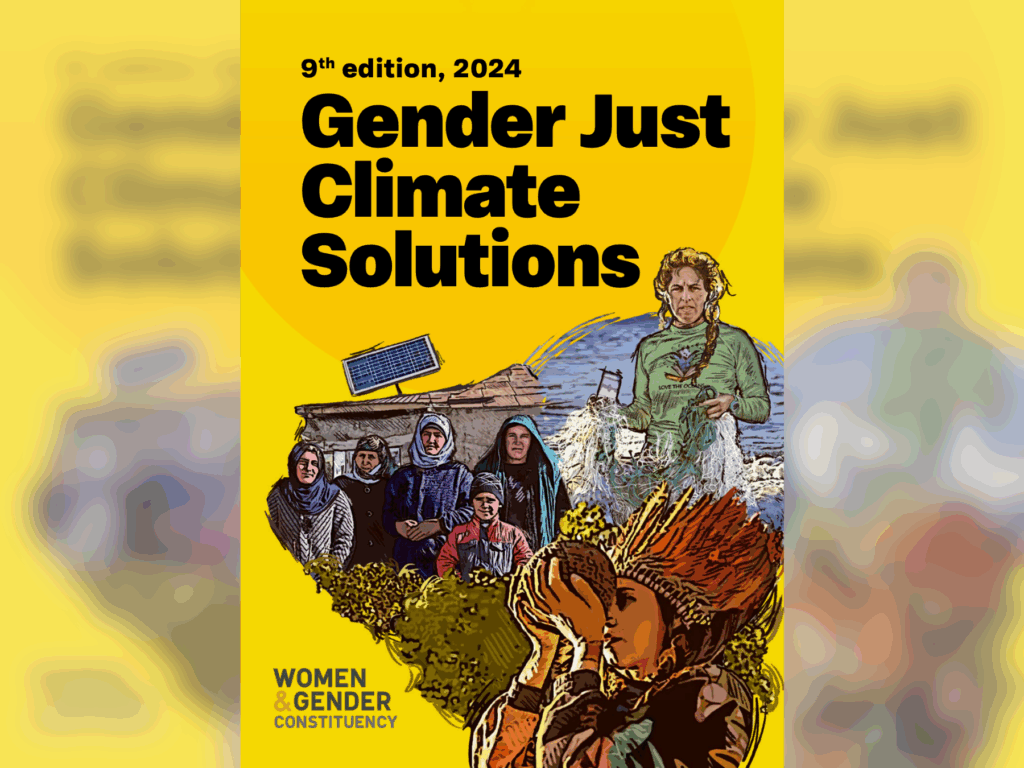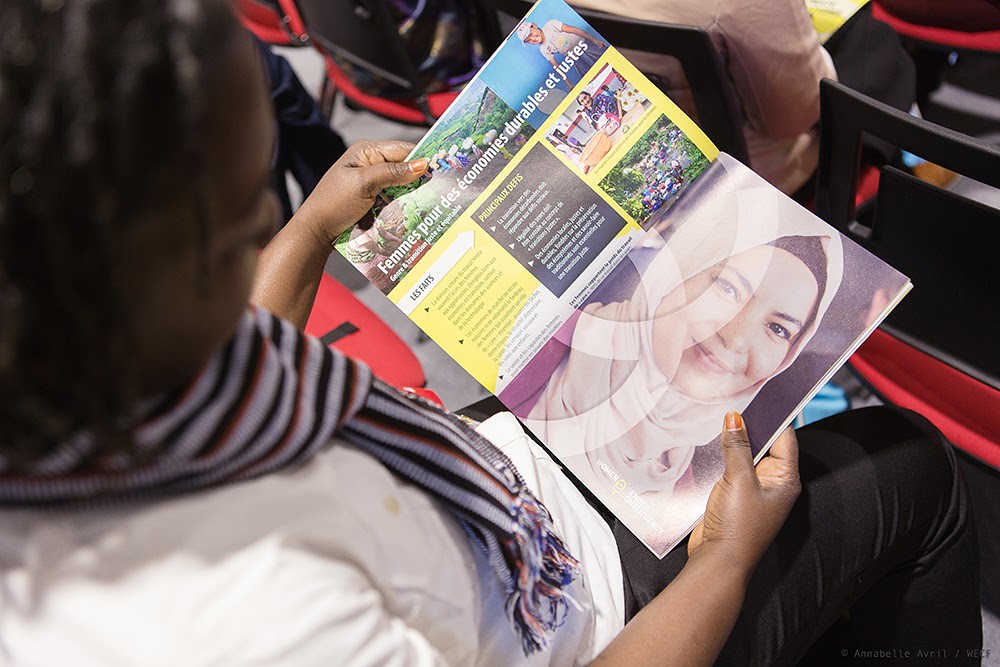
Annual Publications
Our library is a growing archive of feminist climate advocacy—built to share knowledge, strategies, and inspiration.

We regularly host sessions on navigating negotiations, crafting policy interventions, and building advocacy strategies—rooted in feminist, decolonial, and intersectional approaches.